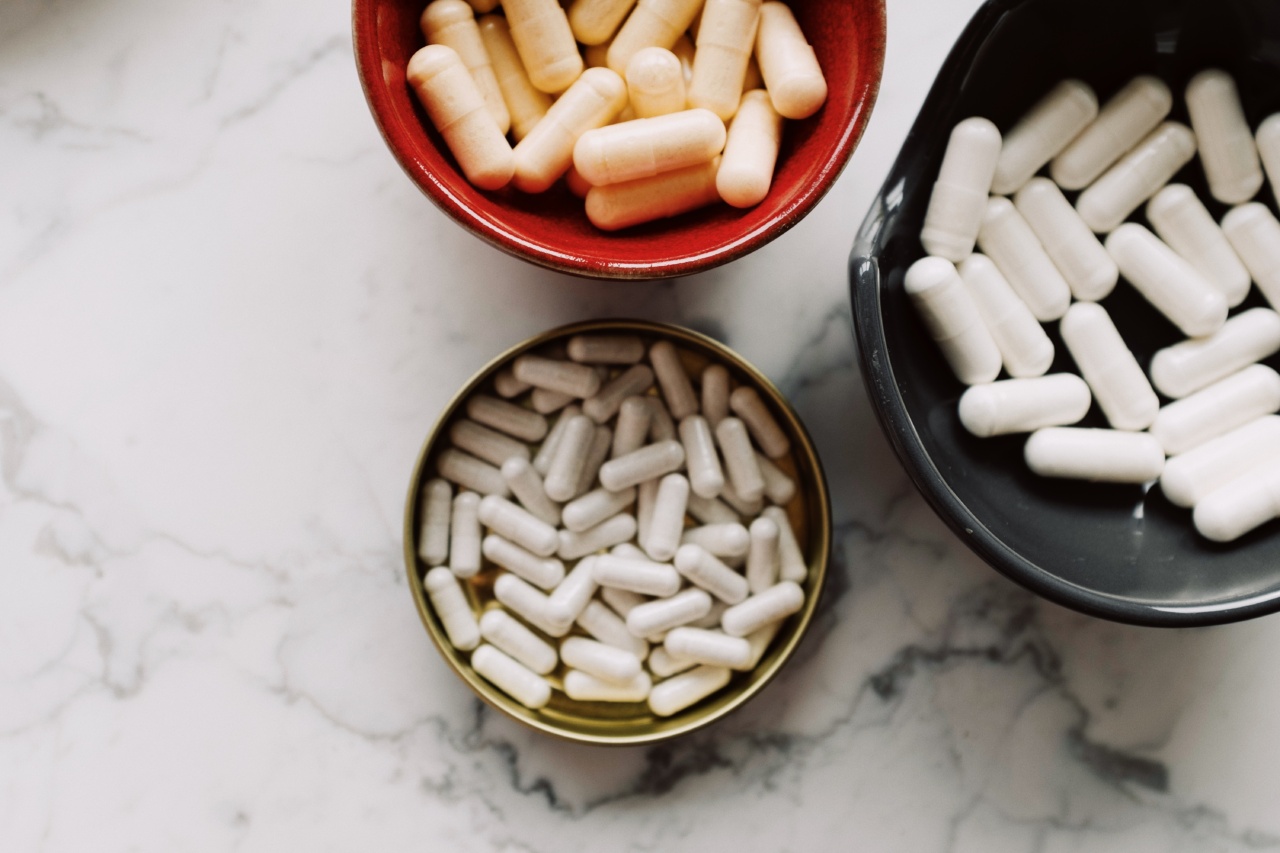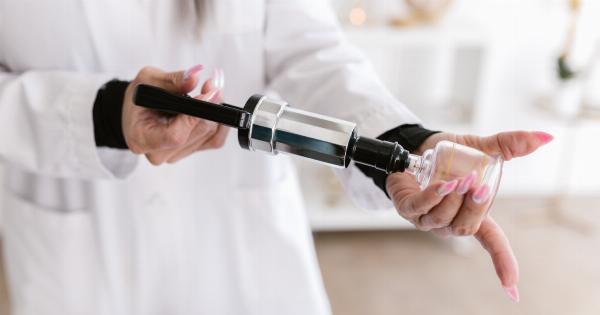Ketamine, a powerful anesthetic and recreational drug, has gained attention in recent years for its potential in treating depression.
While traditional antidepressants can take weeks or even months to show their effects, ketamine offers rapid relief to those suffering from treatment-resistant depression. This breakthrough has led to growing interest and research into the possibilities of ketamine treatment for depression.
1. Treatment-Resistant Depression
One of the primary beneficiaries of ketamine treatment for depression is individuals with treatment-resistant depression.
This term refers to individuals who have tried multiple antidepressant medications and therapies without experiencing significant improvement in their symptoms. Ketamine provides them with a new hope and alternative treatment option to manage their depression.
2. Major Depressive Disorder
While ketamine treatment can benefit individuals with treatment-resistant depression, it also shows promise for those diagnosed with major depressive disorder (MDD).
MDD is a severe form of depression that affects a person’s mood, behavior, and overall well-being. Ketamine has been found to alleviate depressive symptoms in individuals with MDD, providing them with relief they may not experience through traditional treatments.
3. Bipolar Disorder
Ketamine treatment may also be beneficial for individuals with bipolar disorder, a psychiatric disorder characterized by extreme mood swings, including periods of depression and mania.
The antidepressant effects of ketamine can help stabilize depressive symptoms in individuals with bipolar disorder, potentially reducing the severity and frequency of depressive episodes.
4. Suicidal Ideation
Suicidal thoughts or actions are common in individuals struggling with depression, particularly in cases of severe or treatment-resistant depression.
Ketamine treatment has shown promising results in rapidly reducing suicidal ideation and providing immediate relief to individuals experiencing these distressing thoughts. This can be life-saving for those at risk of self-harm or suicide.
5. Post-Traumatic Stress Disorder
PTSD is a mental health condition that can develop after experiencing or witnessing a traumatic event. Depression often co-occurs with PTSD, and individuals with this dual diagnosis may find relief through ketamine treatment.
Research suggests that ketamine may help alleviate both the depressive symptoms and the intrusive traumatic memories associated with PTSD, offering a more comprehensive therapeutic approach.
6. Anxiety Disorders
Anxiety disorders frequently accompany depression and can significantly impact a person’s quality of life.
Ketamine treatment has shown promise in reducing anxiety symptoms, providing individuals with relief from the intense feelings of fear, worry, and panic associated with various anxiety disorders. By targeting both depression and anxiety, ketamine treatment offers a holistic approach to mental health management.
7. Elderly Patients with Depression
Depression can affect individuals of all ages, including the elderly.
Older individuals often face unique challenges in managing their mental health and may experience limited treatment options due to comorbidities or the side effects of traditional antidepressant medications. Ketamine treatment offers a potential alternative for elderly patients with depression, providing fast-acting relief without the same burden of side effects as other medications.
8. Chronic Pain and Depression
Chronic pain conditions, such as fibromyalgia or neuropathic pain, are often accompanied by depression. The link between physical pain and depressive symptoms can create a cycle of suffering and worsen the overall quality of life.
Ketamine treatment has shown effectiveness in managing both chronic pain and depression simultaneously, offering relief to those experiencing this challenging combination of symptoms.
9. Substance Use Disorders and Depression
Depression and substance use disorders commonly co-occur, and they often exacerbate each other’s symptoms.
Ketamine treatment may be beneficial for individuals struggling with both depression and substance abuse, as it can address the depressive symptoms while potentially reducing cravings and withdrawal symptoms associated with substance use disorders.
10. Those Seeking Alternatives to Traditional Antidepressants
Many individuals prefer alternative treatment options due to concerns about side effects, lack of efficacy, or personal beliefs.
Ketamine treatment offers a non-traditional approach to managing depression and is particularly appealing to those who have not responded well to traditional antidepressant medications. It provides them with an alternative that has shown rapid and significant improvements in depressive symptoms.





























